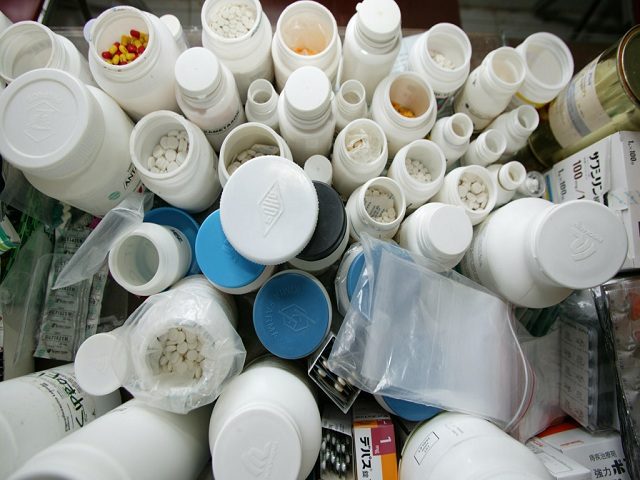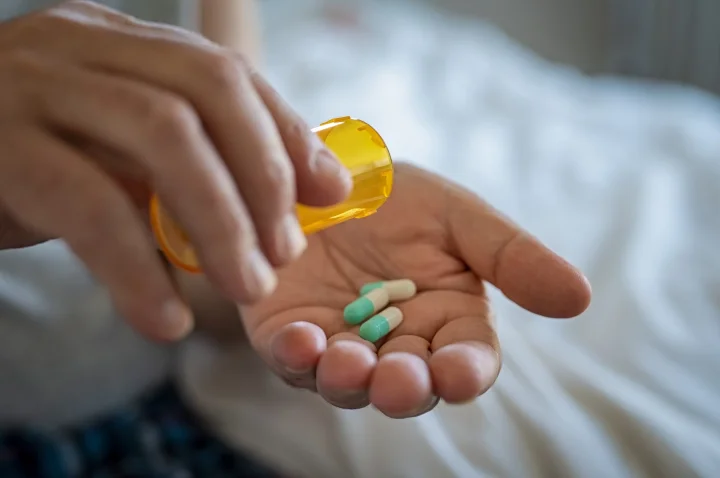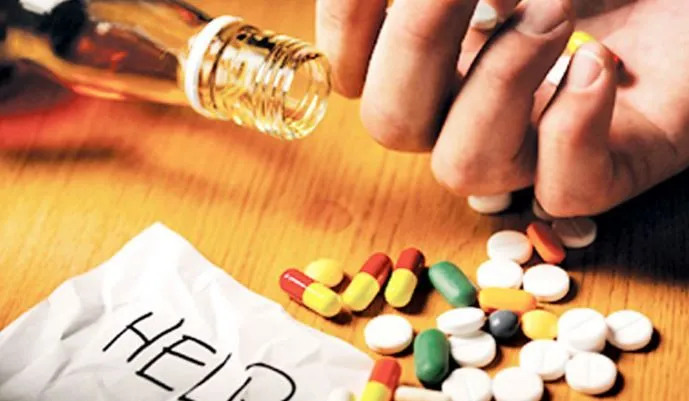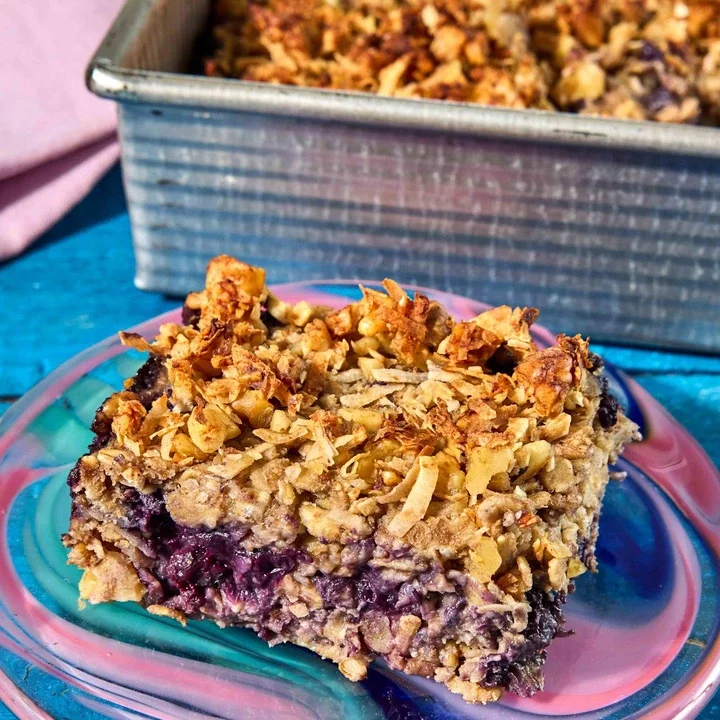
More and more people are getting addicted to painkillers and very little attention is paid to the dangers of using too much opioids. The American Society of Addiction Medicine, says that women are more likely to have chronic pain, be prescribed prescription pain killers, be given higher doses, and use them for longer time periods than men. As such, it is important you ask your doctor or pharmacist about the effects of the analgesics prescribed for your acute or chronic pain. Here are a number of ways you can stop yourself from becoming addicted to painkillers.
1. Provide Your Doctor With The Right Information
It is necessary for you to provide your doctor with as much information as you can. Telling them whether you were an alcoholic or you were previously addicted to drugs as a teenager can be very helpful in preventing your painkiller addiction. It is also best to inform your physician, if you had any member of your nuclear family, including your parents or siblings that was addicted to drugs or a family history of mental illness. This can help your doctor consider other measures, such as medications that would be non-addictive or a number of other alternative therapies such as exercise to help treat your injury or acute and chronic pain. The information can also he to monitor your opioid use more closely and prevent the dangers associated with addiction.
2. Always Ask Questions
If you are given a painkiller, it is important you ask your doctor questions regarding the drug you're given and if it is necessary for you to use them. Ask to know if their are other drugs that can be used instead such as over-the-counter pain medications, non-opioid prescription pain medications, or local anaesthetics or steroid injections that can be given as an alternative.
3. Take The Lowest Dose Possible
If your doctor gets to prescribe opioids for your pain, ensure that you take the lowest dose possible for the shortest possible time. Various researches have shown that the longer you take painkillers, the higher your chances of getting addicted to it.
The article continues in the next page.
4. Never Take The Drugs Except As Prescribed
It is easy to become physically dependent on analgesics within just a few weeks of daily use and a tendency to feel physically ill with flu-like symptoms when you Suddenly stop using them. Getting addicted to them however takes longer and it can occur from the minute you start taking more drugs than you need or If you're taking the drugs more as a means of escaping your emotional troubles than for your actual pain.
5. Ask A Trusted Person For Help
If you're worried that you have a high chance of getting addicted, it's best to ask a trusted friend or family for help. ask them to help give you your prescribed painkillers only when you need them to avoid taking more than is prescribed. You should also give the person the right to speak up if they observe or notice any risky or untoward behaviour from you, including if you're regularly talking about taking your medications.
6. Keep Your Medications Safe
A lot of the time, misuse of painkillers tend to start with people that are using drugs that are not prescribed for them and more often than not, they get it from friends and family members who fail to safely store them. If you especially have teenagers and young adults around you, be sure to keep your prescription drugs safely stored away in a lock box or small safe to prevent people susceptible to drug abuse from getting their hands on them.

















Comments